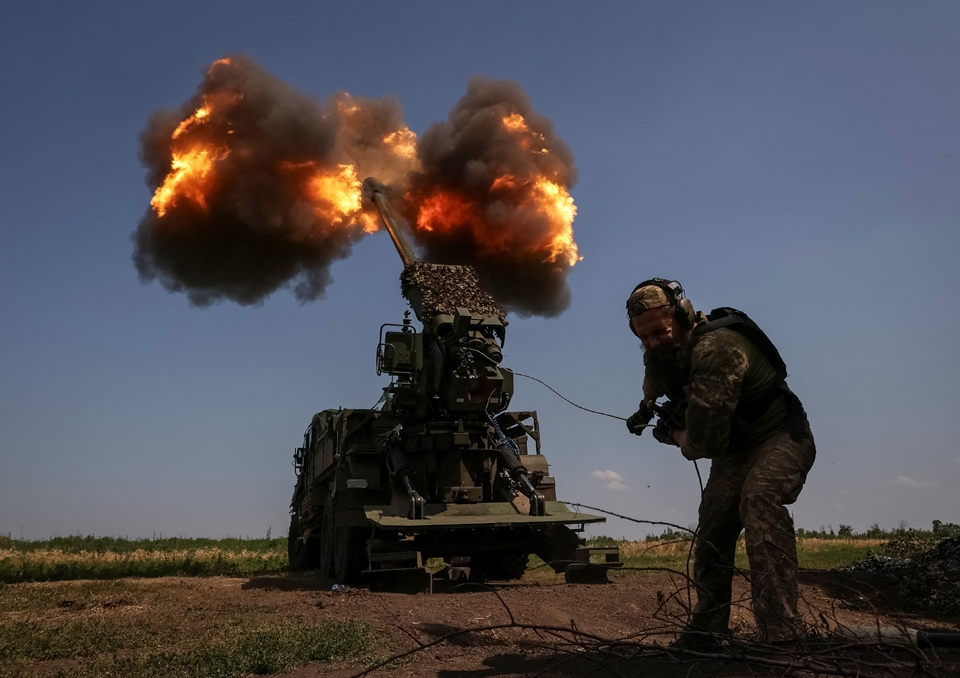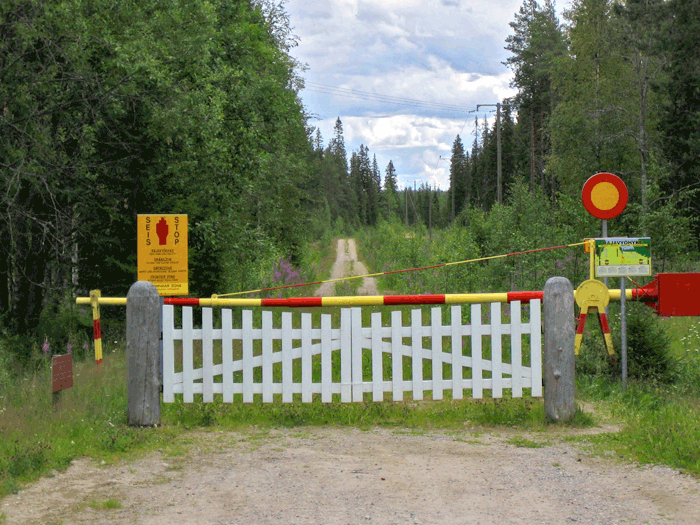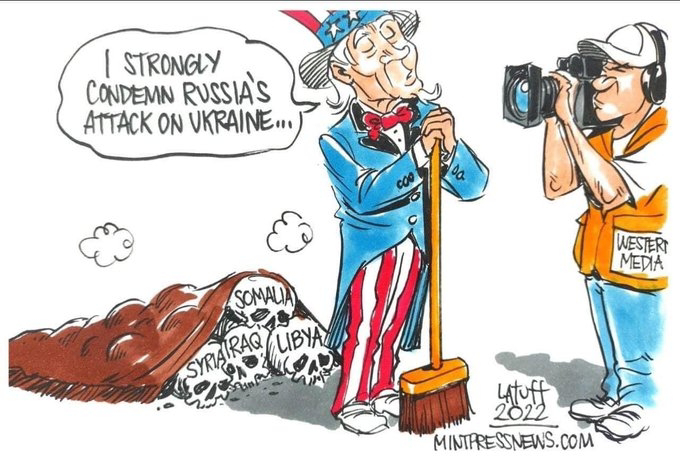Investing in the London Stock Exchange (LSE) can be attractive for several reasons, particularly for those looking to diversify their portfolio or tap into unique investment opportunities Consider That Prices of companies on the LSE are amongst the cheapest in the world for Industry and sector. Here are three compelling reasons to consider investing in the LSE:
1. Diverse Range of Companies
The LSE hosts a diverse array of companies from various sectors, including financial services, mining, oil and gas, and consumer goods, among others. This diversity allows investors to spread their risk across different industries and tap into different economic cycles. Moreover, the LSE is known for its large number of international listings, offering exposure to global markets, particularly in emerging economies like Africa and Asia, where many companies listed on the LSE operate.
2. Strong Regulatory Framework
The UK boasts one of the world's strongest regulatory frameworks, underpinned by a history of financial stability and governance standards. The Financial Conduct Authority (FCA) and the Prudential Regulation Authority (PRA) ensure that the market operates in a transparent and fair manner. This regulatory environment helps protect investors and adds a level of security to investments made in the LSE, making it a safe harbor particularly in times of global financial uncertainty.
3. Access to Liquidity and Capital Growth Opportunities
The LSE is one of the world’s oldest and largest stock exchanges, offering high liquidity which makes it easier for investors to enter and exit positions. This liquidity, combined with the exchange’s link to dynamic sectors such as fintech, green energy, and biotechnology, provides strong capital growth opportunities. The presence of both well-established blue-chip companies and smaller enterprises poised for growth offers a balanced mix for growth and value investing.
These factors make the LSE an attractive option for investors seeking a robust investment platform that offers both security and opportunities for substantial growth in a globally respected market environment.
SUMMARY
Stephen Anness's Analysis of UK Value Traps
1. Overview of Stephen Anness's Investment Shift**
Stephen Anness, managing Invesco Select Trust’s global equity income portfolio, has expressed concerns over the persistent stagnation in certain sectors of the UK's FTSE 100 index. His decision to transition from focusing on UK equities to global equities in 2009 was influenced by the lacklustre performance of stocks in ex-growth sectors such as oil, healthcare, and telecoms. Anness observed that these sectors, despite their significant presence in the FTSE 100, have not seen meaningful share price growth over the last two decades, excluding dividends.
2. The Misleading Appeal of the UK Market**
Anness argues that the attractive price-earnings ratio and dividend yield of the UK market can be misleading. The stocks, while cheap, often fall into what he describes as "value trap" territory—stocks that are low priced for substantial reasons and show little prospect of appreciation. He notes that many of these stocks are priced similarly to their values at the start of his career over twenty years ago, underscoring their stagnant nature despite paying decent dividends in some cases.
3. The Composition Issue within the FTSE**
The underperformance of the FTSE is attributed not to a general aversion to the UK market but to the composition of the index itself, which is heavily weighted towards these ex-growth sectors. This structural issue within the FTSE makes it challenging for investors to realise significant gains from these stocks, as they are often entrenched in industries that struggle to generate robust earnings and free cash flow growth.
4. Anness's Global Investment Strategy**
In contrast to his view on the UK market, Anness has adopted a more optimistic stance towards global markets, where he identifies companies with the potential for growth and value creation. He specifically highlights opportunities in markets like Asia and the US, beyond the well-known large-cap companies. Anness looks for firms with strong competitive advantages, excellent management teams, and a clear focus on capital allocation and shareholder value. These attributes, he believes, are essential for sustainable growth and favourable returns.
5. Conclusion and Strategic Outlook**
Stephen Anness’s critique of the UK market as filled with value traps reflects a broader strategic preference for investing in markets and companies where growth potential is backed by strong fundamentals. His approach underscores the importance of looking beyond short-term price metrics to assess the long-term viability and growth prospects of investments.
**Glossary of Terms**
- *FTSE 100*: The Financial Times Stock Exchange 100 Index, a share index of the 100 companies listed on the London Stock Exchange with the highest market capitalisation.
- *Ex-growth sectors*: Industries that are characterised by slow or no growth in terms of revenue or market expansion.
- *Value traps*: Stocks that appear to be cheap because they are trading at low valuation metrics but are cheap for reasons that hinder their potential for appreciation.
**Further Reading**
For more insights into global investment strategies and understanding value traps:
- [Investopedia: Value Traps](https://www.investopedia.com/terms/v/valuetrap.asp)
- [Financial Times](https://www.ft.com) for ongoing analysis of global equity markets.
This detailed overview offers insights into Stephen Anness’s investment philosophy and the reasons behind his cautious stance on UK equities, illustrating the importance of strategic asset selection in achieving long-term investment success.
ARTICLE
Invesco’s Anness: UK has too many value traps for a global investor like me
The FTSE 100 is dominated by ex-growth oil, healthcare and telecom stocks whose share prices have essentially gone nowhere in the past 20 years, says Invesco’s Stephen Anness.
BY
CITYWIRE
Stephen Anness, manager of Invesco Select Trust’s global equity income portfolio (IVPG), is pleased that he switched from UK to global equities in 2009. He says too many companies in the UK’s FTSE 100 index are in ex-growth sectors such as oil, healthcare and telecoms. Their share prices, excluding dividends, have essentially gone nowhere during his career, which is why he prefers to take a worldwide search for businesses that can invest for the future and support rising dividends.
So, it’s not a play on the UK economy, but the UK market is a good place to find cheap, good-quality stocks. Is it?
Stephen Anness:
I started 22 years ago on the UK desk, as I mentioned. I moved to global about ten years ago. I would say that in the UK, there are some very cheap stocks, but as in many markets around the world, often those stocks are cheap for a reason. A lot of those companies are broadly the same share price as when I started my career two-and-a-bit decades ago. Some of them have paid a decent dividend on the way, but many of them lack the characteristics that I’ve talked about in terms of Broadcom or 3i. Businesses that are able to grow, reinvest and pay a growing dividend. So, I think in some of the sectors that are quite dominant in the UK, some commodity sectors. Some large-cap healthcare, telcos for instance. They’re hard industries to actually really generate decent levels of earnings and free cash flow growth out of.
So yes, there are some assets in the UK market that I think are appealing and we’ve touched on some of them, but I do think that the notion of looking at the UK and saying the headline PE [price-earnings ratio] of the UK market and the dividend yield of the UK market look appealing in the context of wider markets is a bit misleading. I do think some of those companies and significant index weights, some of those are most definitely what I would describe in value trap territory. They’re definitely cheap, but I think they’re cheap for a reason and you will probably end up with a broadly similar share price five years from now.
Gavin Lumsden:
So, the poor performance of the FTSE isn’t because investors are shying away from the UK market?
Stephen Anness:
I think it’s a constituent issue of what’s in the market, yes.
Gavin Lumsden:
Have you been surprised there hasn’t been more tactical allocation? I was thinking you were keener on the UK, but you’re not surprised that there hasn’t been more tactical allocation on the idea of the UK being cheap.
Stephen Anness:
No. If you look at it in the way I look at it, no. I think it’s rational, absolutely. I do think other markets, some of the US are getting extended and things. I’m trying to find 40 to 45 companies globally, out of thousands that we can look at. There are always interesting things going on. There are some great companies in Asia. There are some interesting companies in Japan. That has certain nuances as well. In America, once you move beyond some of the very large-cap, highly talked about companies, there are some brilliant companies slightly further down the market-cap spectrum. Slightly amusingly, they’re often described as mid-cap, but they can often be $25bn companies. Some of them are amazing with brilliant competitive advantages, excellent management teams and laser sharp focus on capital allocation and shareholder value creation. Those are the kinds of companies that we’re looking for.
BRITISH STOCK MARKETS CHEAPEST IN THE WORLD
11 July 2023
That's a great newspaper article. What is it telling us?
It's about divi stocks and is saying,
- never mind the loss of capital, look at the income;
- but also, this has gone far enough, share prices surely can't go any lower;
- conclusion: dive in now to have your cake (the pie can only get bigger from hereonin) and eat it (as share prices rise that yield-to-cost is going to get more and more delicious)!
There are lots of moves underway to sell the idea that British companies are very undervalued compared with....compared with any other stock exchange, anywhere in the world that you care to look at.
Growth stocks do give better returns over the long run, but economies are cyclical and defensive divi stocks would outperform growth in a recession, normally...
Comparison of Short, Medium, and Long-Term Returns on the London Stock Exchange (LSE) versus Other Stock Markets
Investing on the LSE and other global stock exchanges can yield different returns depending on the time frame and the type of return (total shareholder return or TSR, split into income from dividends and capital appreciation). Here's how these differ for short-term, medium-term, and long-term investment horizons:
1. Short-Term Returns (up to 1 year)**
- LSE**:
Short-term returns on the LSE can be volatile, reflecting global economic conditions, currency fluctuations due to Brexit implications, and domestic market dynamics. The income component from dividends might be relatively stable, but capital appreciation can vary significantly.
- Other Markets
(e.g., NYSE, NASDAQ)**: U.S. markets, particularly the tech-heavy NASDAQ, often show higher short-term capital appreciation due to the rapid growth of technology stocks, albeit with higher volatility. The income return, typically from dividends, is generally lower than that of the LSE, as many high-growth U.S. companies reinvest profits rather than distribute them.
2. Medium-Term Returns (1 to 5 years)**
- LSE**:
The medium-term returns on the LSE can be influenced by the UK's political and economic adjustments to post-Brexit conditions. The market may provide modest capital growth but offers robust dividend yields, particularly from sectors like utilities and consumer goods, which traditionally focus on high dividend payouts.
- Other Markets
(e.g., DAX, Nikkei 225)**:
European markets like the DAX may exhibit similar capital appreciation to the LSE but often with slightly lower dividend yields. Japan's Nikkei 225 might offer lower income returns but potential for substantial capital appreciation if Japan's economic policies stimulate growth.
3. Long-Term Returns (over 5 years)**
- LSE**:
Over the long term, the LSE has provided stable income returns through dividends, which is appealing to income-focused investors. Capital appreciation is generally lower compared to U.S. markets but consistent, particularly in traditional industries such as finance and oil and gas.
- Other Markets
(e.g., S&P 500, Emerging Markets)**: The S&P 500 has historically offered high long-term capital appreciation with moderate income returns, driven by strong performance in sectors like technology and healthcare. Emerging markets are more variable but can offer high growth potential in both capital appreciation and income, albeit at higher risk levels.
### Key Differences in TSR Components
- Income (Dividends)**:
The LSE is often favoured for its higher dividend yield compared to many other markets, making it attractive for income-seeking investors. This is partly due to the presence of mature, large-cap companies in sectors like oil, gas, and financial services that traditionally pay higher dividends.
- Capital Appreciation**:
U.S. markets, particularly the NASDAQ and S&P 500, typically outperform the LSE in terms of capital appreciation, driven by the growth in technology and biotech sectors. The LSE's capital growth is often more subdued, reflecting the mature nature of many of its listed companies and economic growth rates in the UK and Europe.
Conclusion
When choosing between the LSE and other global markets, investors should consider their risk tolerance, investment horizon, and the desired balance between income and capital growth. The LSE may be more suitable for those seeking stable, income-driven returns, while other markets, like the U.S. and emerging markets, might be better for those seeking higher capital growth. Each market has its characteristics and potential benefits, depending on individual investment strategies and economic cycles.



























